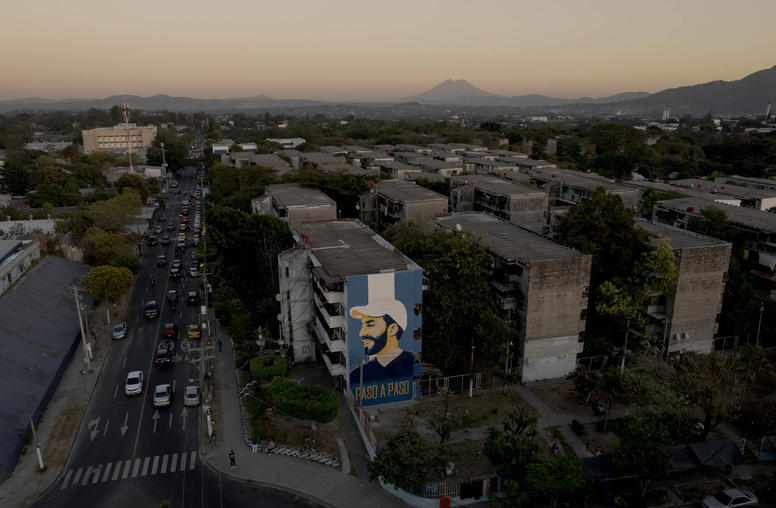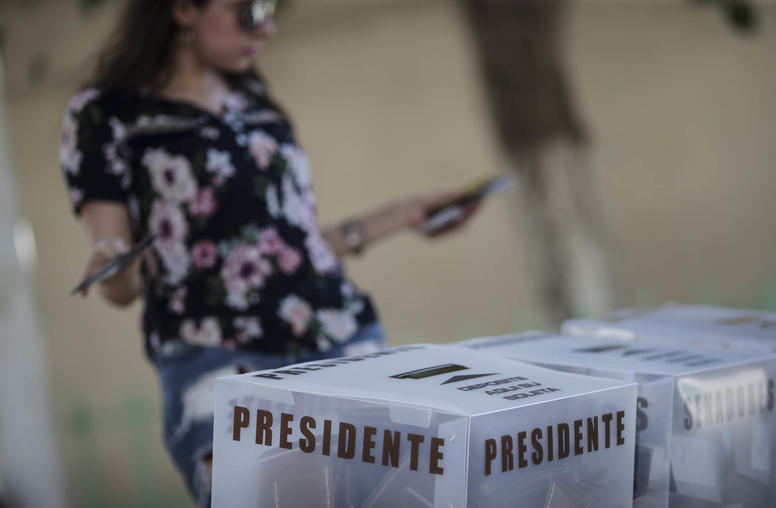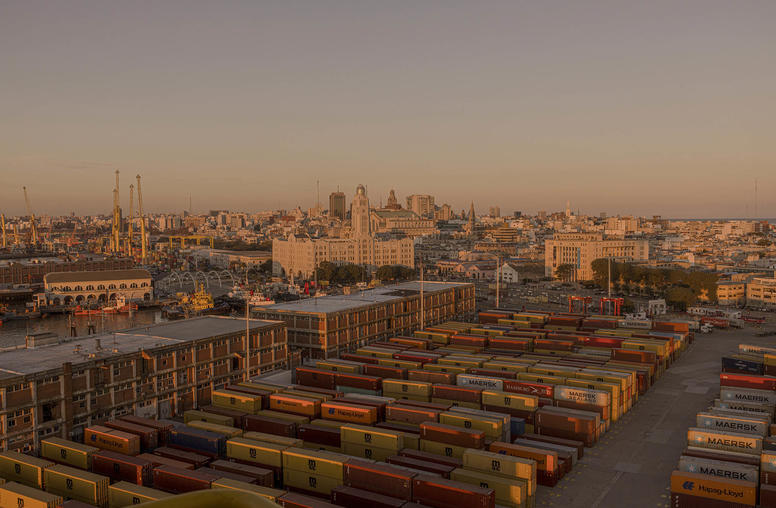Revolutionary Movements in Latin America
El Salvador's FMLN and Peru's Shining Path
A spectacularly strong piece on a vitally important issue. Since these issues are so often treated in politically tendentious ways, it is a rare treat to find someone doing it so well. Someone once said that, when Aretha Franklin did a song, it stayed done. Likewise, now, with Professor McClintock's work.
-Timothy Wickham-Crowley, Georgetown University
Why were El Salvador's FMLN and Peru's Shining Path able to mount such serious revolutionary challenges in the 1980s and early 1990s? And why were they able to do so despite the fact that their countries' elected governments were widely considered democratic? These two guerrilla groups were very different, but both came close to success. To explain why, the author examines the complex interplay among political and economic factors, the nature of the revolutionary organization, and international actors. McClintock emphasizes that the end of the Cold War does not mean the end of revolutionary groups, and that the United States can play an important role in determining the outcome of future confrontations. The book concludes with practical policy options for the U.S. government as it looks to foster peace and democracy in the western hemisphere.
About the Author
Cynthia McClintock is professor of political science and director of Latin American studies at George Washington University. A former president of the Latin American Studies Association, she was a fellow at the U.S. Institute of Peace in 1990-91.


